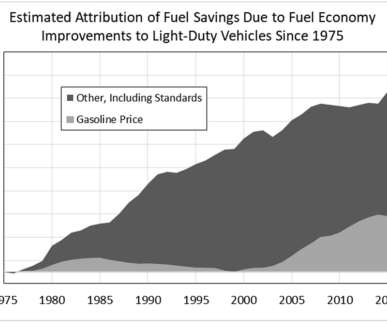Douglas-Westwood: decline in oil prices may impact development of subsea processing
Green Car Congress
DECEMBER 29, 2014
In the Douglas-Westwood Monday note , Andy Jenkins from the energy research group’s London office observes that the decline in oil prices may impact deepwater production and in particular a key future enabler: subsea processing (SSP). Cost reduction will be required for the further implementation of SSP solutions.

































Let's personalize your content